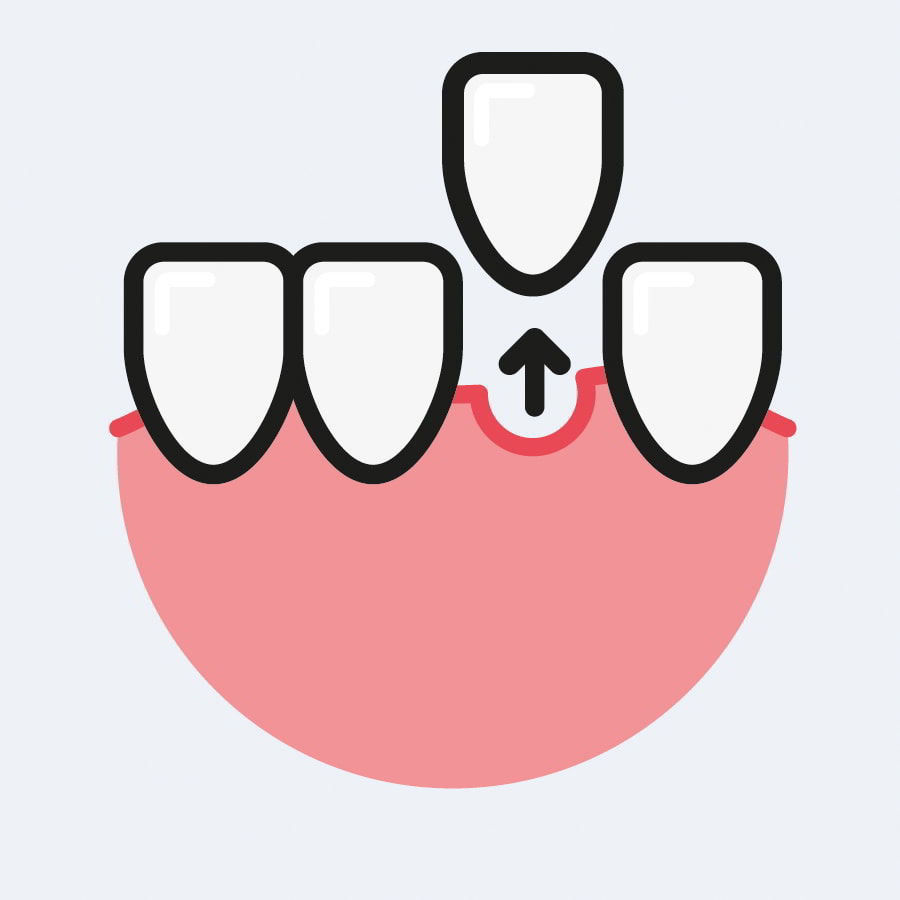What are dental extractions?
A standard dental extraction involves the removal of one or more teeth from the mouth. This is usually a simple procedure that doesn’t require much planning or equipment. In some circumstances, such as an impacted wisdom tooth or a tooth broken below the gumline, a more surgical approach may be required. This will take more time and planning, though the end result of an extraction will be the removal of a tooth.
Why would I need an extraction?
Extracting a tooth is always a last resort – your dentist will consider an alternative route of treatment for your problem, but sometimes extracting a tooth is necessary if the damage is severe and goes beyond what can be solved with cosmetic dentistry.
Do extractions hurt?
The process of having a tooth removed is naturally an invasive procedure and can be painful, but your dentist will minimise this pain using intravenous sedation. This may be a moderate local anaesthetic or a general anaesthetic. Your dentist will decide which anaesthetic is ideal for your circumstances. Whilst you shouldn’t feel any pain whilst under anaesthetic, it is normal to feel pressure when the tooth is being removed.
What happens during the procedure?
An initial x-ray will be required to give your dentist information on how your teeth are structured and if you have any underlying infections. If you are having wisdom teeth removed, then a special panoramic x-ray will be used instead to give a full view of your mouth and jaw. This is because wisdom teeth are more complex to remove due to their intricate placement in the mouth, therefore they require more planning.
The procedure itself may be different depending on the complexity of the case. For a simple extraction, a dental elevator will be used to initially loosen the tooth. Forceps will then be used to remove the tooth from the socket.
A more complex situation may call for surgical methods to be used, for example: making an incision into the gum, removing bone from around the tooth, or splitting the tooth in half in order to extract it.
Your dentist will make a decision about what is necessary for your oral health.
What about aftercare?
Your dentist will give you specific guidance on what to do following your extraction.
As a general rule, it is best to rest for the first 24 hours. It is normal to experience some bleeding in this timeframe – it is important not to panic, and to keep your head elevated to minimise bleeding. Do not touch or eat on the site, and avoid contact as much as possible – even with liquids – as it is very easy to disturb the blood clot.
After the first 24 hours, you can begin gently rinsing the extraction site with saltwater. Begin by eating soft, cold foods whilst your body is still healing.









Patient Reviews


